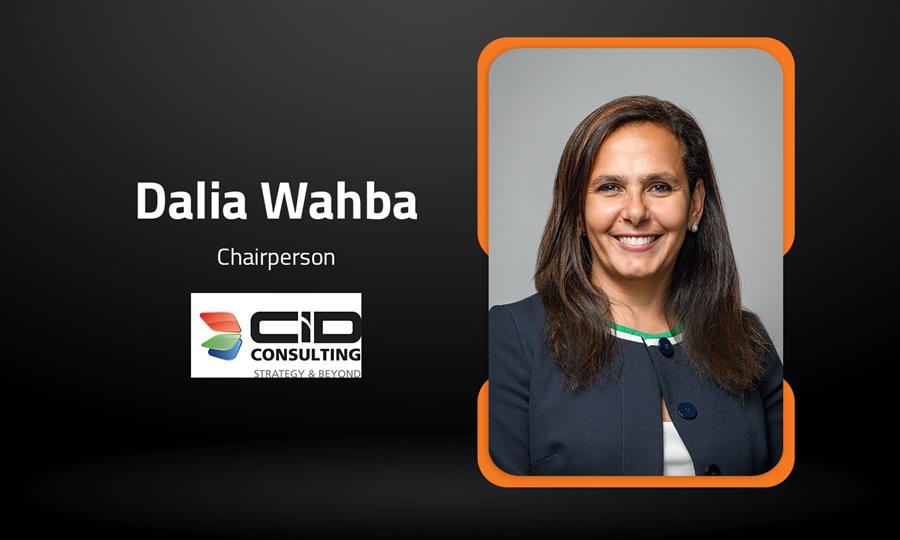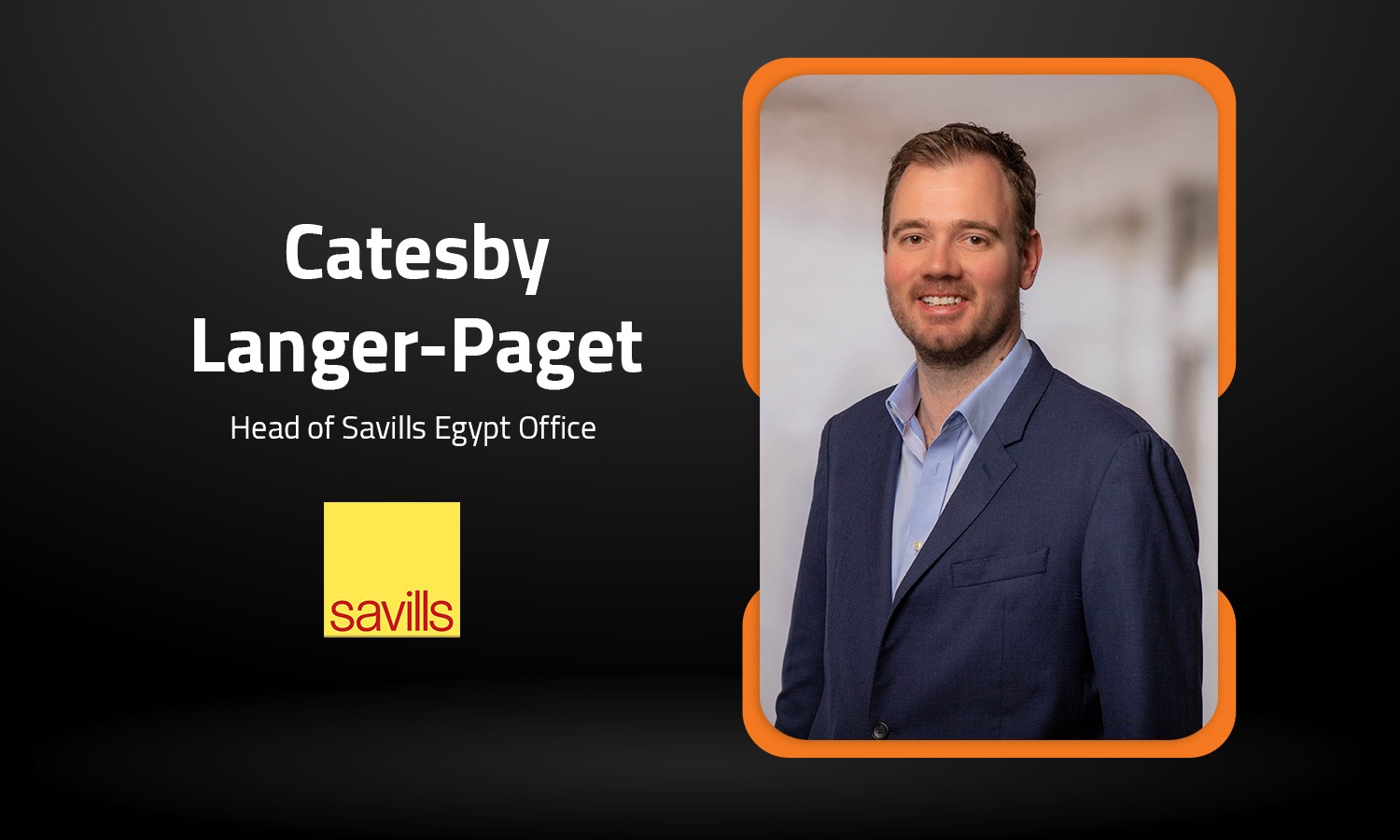What Egypt Gains from Joining the BRICS
Updated 4/8/2023 9:00:00 AM
On the sidelines of the 15th BRICS summit that took place from August 22nd to 24th in Johannesburg, the South African President Cyril Ramaphosa announced that the BRICS bloc of developing nations invited Egypt to join the group as of 2024.
During the summit, the bloc also invited five other countries to become new members, namely Argentina, Iran, Ethiopia, Saudi Arabia, and the UAE.
In March, President Abdel-Fattah El-Sisi approved an agreement that allows the state to join the New Development Bank (NDB) of the BRICS bloc (Brazil, Russia, India, China, and South Africa).
In this Factsheet, Arab Finance will shed light on Egypt’s journey to join the NDB and how this would benefit the Egyptian economy in the future.
- In September 2006, Brazil, Russia, India, and China formed an international economic bloc called the BRIC. Four years later, South Africa was accepted as a full member; hence, the group was renamed the BRICS. The bloc was formed to coordinate the economic cooperation of the member countries to increase the economic growth of these countries.
- The BRICS bloc contributes 41% of the world’s population and 30% of its area. In 2021, BRICS GDP recorded $24.7 trillion, representing 26% of the global GDP. Furthermore, the BRICS members exported around $5.23 trillion in 2021, which represented 19% of global exports.
- In 2015, the BRICS members established the NDB to mobilize resources for infrastructure and sustainable development projects in the bloc and other emerging economies. The NDB’s authorized capital reached $100 billion.
- Over the past six years, the bank had a development portfolio of $30 billion to finance 80 projects in the five member countries. The NDB’s main activities are focused on digital and social infrastructure and urban development.
- In 2021, Egypt’s trade volume with the five member countries recorded $26.8 billion. Egypt’s exports to the bloc reached $5.23 billion, while its imports from the BRICS amounted to $21.6 billion.
- Furthermore, Chinese investments came among the top 10 foreign direct investment (FDI) inflows to Egypt in fiscal year (FY) 2021/2022, with inflows of $0.6 billion, representing around 3% of total FDI inflows to Egypt.
- The NDB considered expanding its membership in 2020, and after a round of successful negotiations, four new members including Egypt, were admitted to join the NDB in December 2021. A year later, the Cabinet approved the presidential decree for Egypt to join the NDB. The decree was passed by the House of Representatives in January 2023, and the agreement was finally approved by the President in March 2023.
- The BRICS members agreed that Egypt’s share in the NDB’s capital will amount to $1.196 billion, of which 20% ($239.2 million) will be paid by Egypt in seven installments. This amount gives Egypt a voting share of 2.1% in the bank’s
- Joining the NDB was a critical step towards consolidating ties with the BRICS countries. Achieving strong ties with these countries will give Egypt the chance to diversify its financing sources, which will help bridge its $17 billion financing gap.
- Egypt’s joining the NDB will reduce the demand for the US dollar to meet the country’s import needs, as Egypt and other NDB members can use their local currencies in trade exchanges.
- The involvement in the NDB’s activities will open new markets for Egypt’s agricultural and industrial exports as well as attract more FDI into the Egyptian economy.
By: Amina Hussein
Related News










